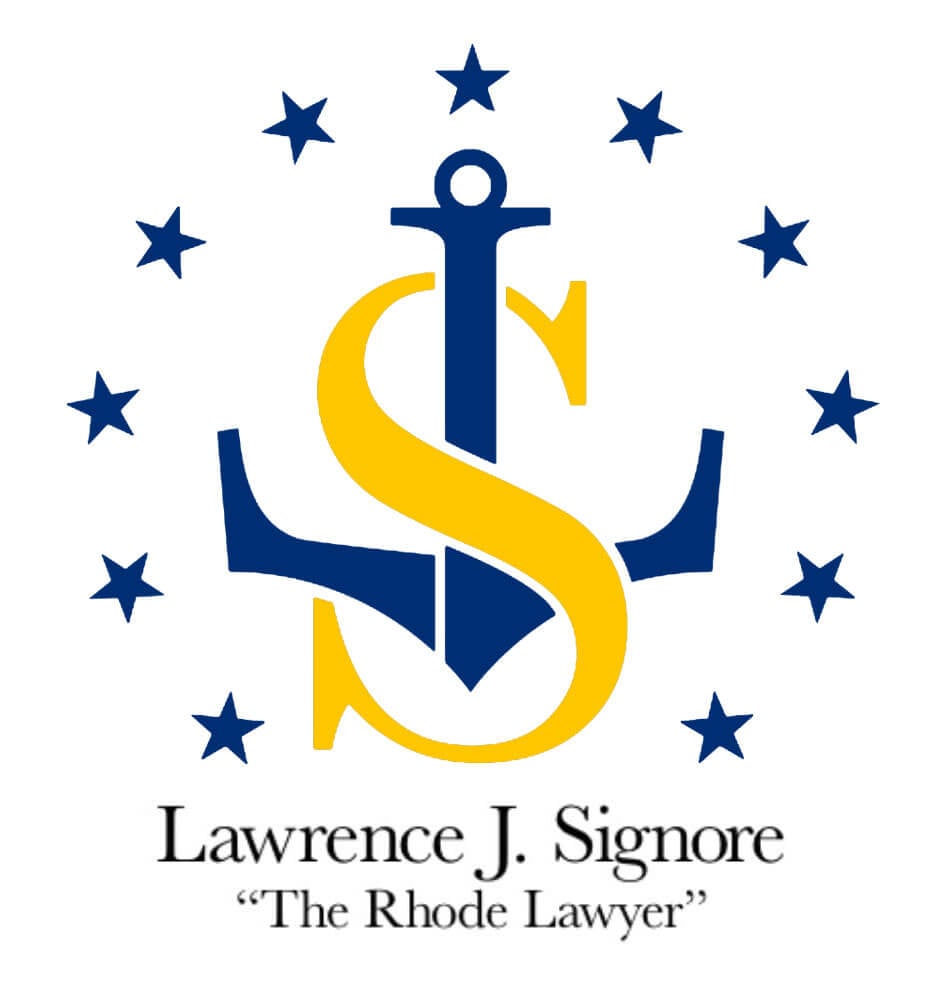Many people do not consider hearing loss when they think about workplace injuries. However, hearing loss can be caused by an employee’s working conditions and be both preventable and permanent. Rhode Island employers and workers alike need to understand the causes of occupational hearing loss and take steps to prevent it from occurring.
Causes of workplace hearing loss
Occupational hearing loss can occur over time or suddenly. When a worker’s hearing loss occurs because of conditions in the workplace, they can seek workers’ compensation benefits. Occupational hearing loss is a recognized, compensable workplace injury under the state’s workers’ compensation system. The following are some of the common causes of occupational hearing loss:
- Exposure to ototoxic solvents and other chemicals
- Exposure to repeated loud noise in the workplace
People who regularly work around noise at 85 decibels or above can suffer permanent hearing loss that develops over time. Those who are exposed to solvents and other ototoxic chemicals can sustain damage to certain parts of the inner ear and be more susceptible to hearing loss from noise exposure.
Preventing occupational hearing loss
Employers and employees can take steps to prevent occupational hearing loss. Employers should measure decibel levels in the workplace and institute noise controls if they consistently measure at 85 decibels or above. In noisy environments, employers should provide workers with hearing protection to protect their ears. Employees should always wear hearing protection when they work in noisy environments.
If employees regularly work with solvents and other chemicals that can damage the ears, their employers should provide them with personal protective equipment and train them about workplace safety. They should also provide annual hearing tests to their employees to make sure their hearing is protected. Employees who believe their workplace environments could endanger their hearing should bring up their concerns to their supervisors.
